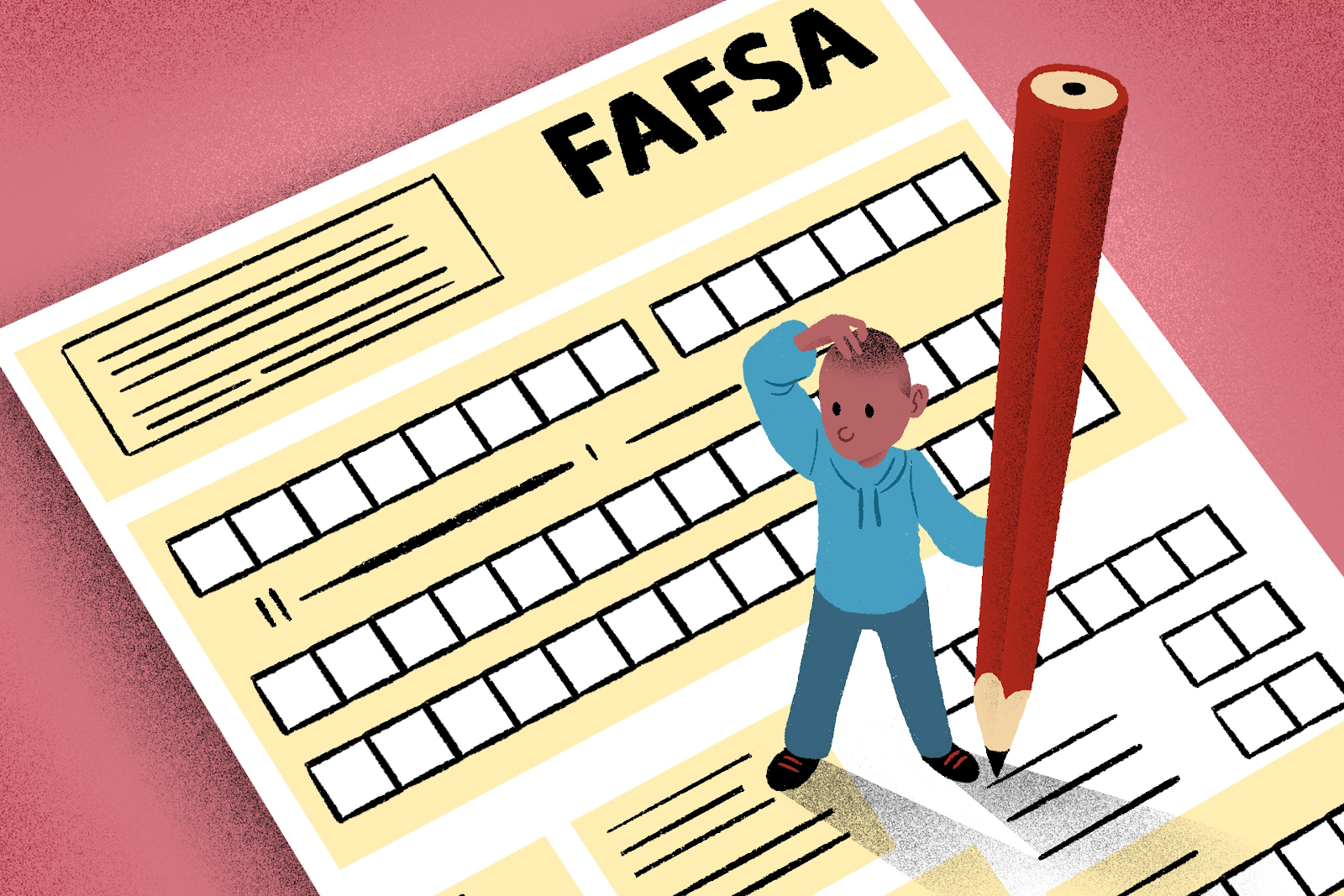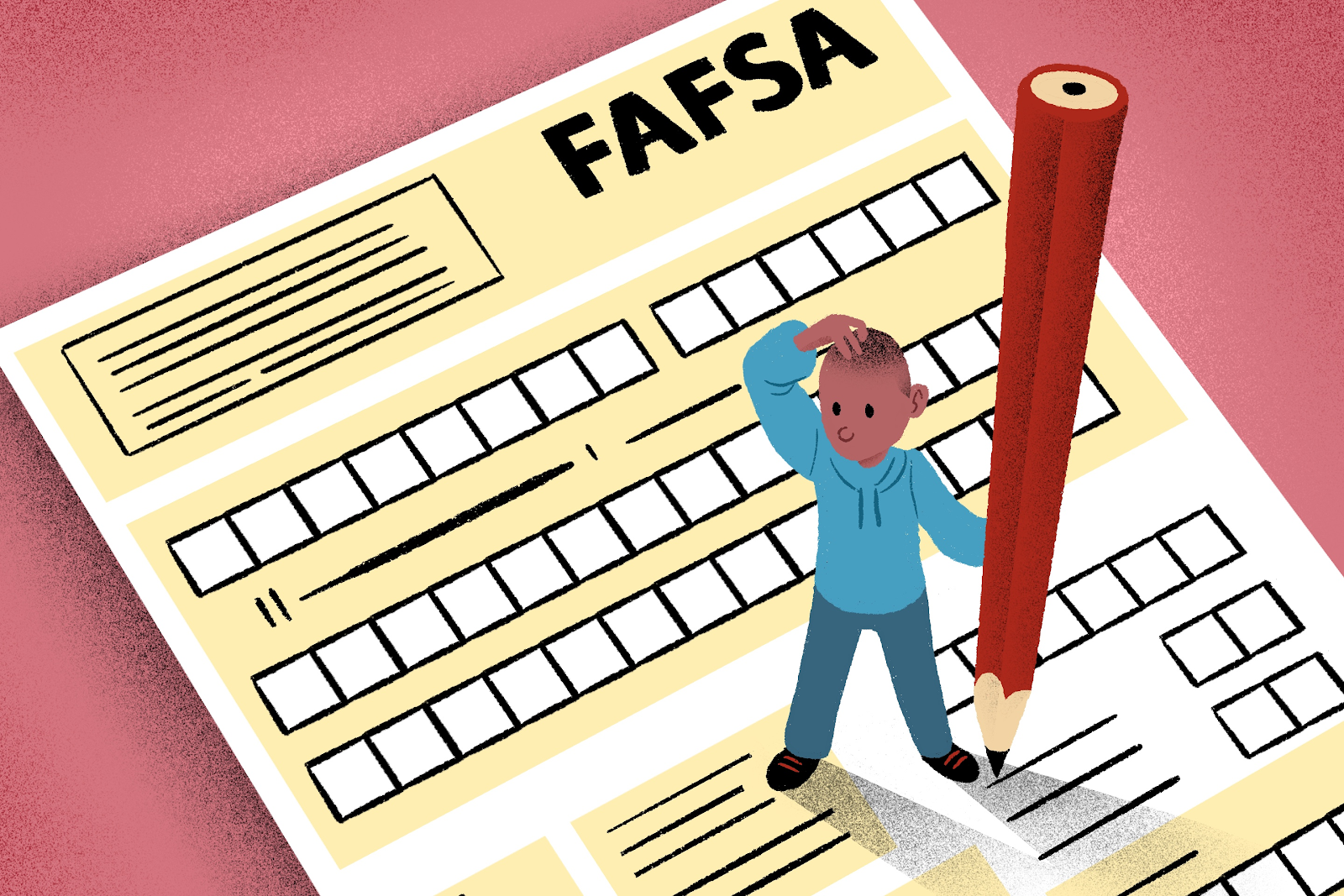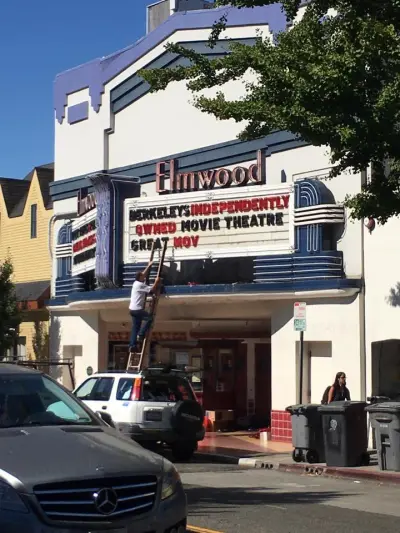We have been saying all along that in the end it is difficult, if not impossible, to keep the lid on regarding the Amarasekare case, despite "no comment" and "confidentiality" efforts. It appears that the
Chronicle of Higher Education has now lifted the lid, if not blown it off:
This month, Priyanga Amarasekare was invited to be the keynote speaker at a photo exhibition celebrating the natural beauty of her native Sri Lanka. The invitation noted the University of California at [sic] Los Angeles scholar’s expertise in “tropical ecology, focusing on understanding patterns of biodiversity, species dispersal, and the impacts of climate change.”
She wanted to accept, but there was one problem. Under the terms of an involuntary leave imposed eight months ago, Amarasekare is banned from most of the UCLA campus, including the art gallery where the event will be held next month.
It’s just one of the rules she’s had to navigate since she was suspended without pay in July 2022, and then put on involuntary paid leave a year later. Since October, when the restrictions were loosened slightly, she’s been allowed on campus only in her office and lab. She’s not permitted to talk about work with colleagues or students, except for the two remaining doctoral students she’d been cut off from for more than a year and two undergraduate students who had previously signed up to do research with her. She said she doesn’t dare use the restroom, which is on a different floor. Meanwhile, she said, charges against her have continued to mount.
Amarasekare knows she could get in trouble for talking about any of this, especially to a reporter. But she said she’s tired of feeling muzzled by confidentiality rules and wants to restore her reputation. She also wants to be sure, she said, that the “ongoing and unjust persecution” she believes she’s facing doesn’t happen to anyone else.
While scholars in her field, and some on her campus, have rallied to her defense, her newly public comments and documents she’s shared also shed light on how she became a lightning rod in her department.
A 2022 report said the professor failed to cooperate with efforts “to correct her behavior” and treated those “who tried to bridge the gap between her and some of her colleagues with contempt.”
Last Monday, she learned that a charges committee of the Academic Senate had found probable cause that she had violated the Faculty Code of Conduct by sharing with outside parties a redacted copy of a 2022 report of the Academic Senate’s Privilege and Tenure hearing committee. A complainant said the release had damaged the university’s reputation, and the case will likely go to the Privilege and Tenure Committee for a hearing.
Based on Amarasekare’s decision to release the report despite the committee’s admonition not to, Michael S. Levine, UCLA’s vice chancellor for academic affairs and personnel, said he was concerned about the impact she might have if she returned to her regular duties. “I have no reason to believe that you will refrain from engaging in destructive and harmful conduct,” he wrote on June 23, 2023, notifying her of her involuntary leave. Considering the behavior she was called out for, he said, returning to campus could pose “a strong risk” of “immediate and serious harm” to the department and to the education of students.
Reputational Damage
The 2022 report, which The Chronicle obtained from someone not directly involved in the case, and who asked not to be identified, showed that the hearing committee had found Amarasekare responsible for breaching confidentiality about personnel matters and for “making evaluations of the professional competence of faculty members by criteria not directly reflective of professional performance.” It also said she had made unfounded public accusations against her colleagues, failed to cooperate with efforts “to correct her behavior,” and treated those “who tried to bridge the gap between her and some of her colleagues with contempt.”
According to the report, the faculty hearing committee had recommended a much more lenient punishment — censure, with a possible pay cut if the problems continued — than the chancellor, Gene D. Block, later meted out.
But Amarasekare says it’s the university’s conduct, not hers, that’s at fault. “If this information coming to light has damaged the university’s reputation, it is because of Chancellor Block’s decision to reject the hearing committee’s recommendation and suspend me without pay or benefits for a year and reduce my salary by 20 percent for two subsequent years,” Amarasekare wrote last week in an email to The Chronicle.
Documents she shared and her first on-the-record conversation since she was suspended in 2022 reveal how her sharp criticism of colleagues, whom she accused of discrimination, rankled department and university leaders. They also reveal the degree to which the university’s top leaders saw her as a divisive, even dangerous, presence in the department of ecology and evolutionary biology.
Amarasekare, one of two women of color with tenure in the department, stands 5-foot 2-inches and 100 pounds but commands a powerful presence in her field. In 2021, she received a Guggenheim Fellowship and the following year, one of the highest honors given by the Ecological Society of America — the Robert H. MacArthur Award.
The ink on UCLA’s announcement of that prize barely dried when, two months later, on July 1, 2022, the chancellor notified her of her yearlong unpaid suspension. She was also cut off from her National Science Foundation-funded research, some of which examines the effects of rising temperatures on the survival of insect species. Since her suspension, she said, she’s had no access to her UCLA email or online library resources. She was also banned from using campus offices or labs, or communicating with her students.
Amarasekare was also prohibited from serving on any graduate-student thesis committees, which cut her off from three doctoral students, one of whom has since graduated, who were counting on her for research support, mentoring, and letters of recommendation. All complained that being severed from their adviser set them back and added additional work overseeing the undergraduates who’d been working in her lab.
The disciplinary letters she’s received are marked confidential. Amarasekare said that since they’re in her personnel file, she has the right to share them, if nothing else, to prove that she’s not being accused of scientific misconduct, or worse.
“I understand there could be repercussions, but I’ve already been so harmed,” she told The Chronicle. She’s tired of living “under the constant psychological terror of more and more charges being brought,” she said. “Questions are being asked: Why would an institution go to such lengths if the person hasn’t done something terrible?”
UCLA released a statement on Wednesday saying it couldn’t comment on the specifics of Amarasekare’s case. “While many unsubstantiated, misleading, and patently false claims have been made, we are bound by legal requirements and longstanding policies that treat personnel issues with confidentiality,” the statement said. “Though this creates a frustrating imbalance in the public and media discourse around this topic, we must stand by the law and our policies, and thus will not comment on specific actions or procedures involving Professor Amarasekare. It’s deeply unfortunate that this matter continues to cause significant harm to people who aren’t able to respond because they are following legal restrictions and policies.”
The statement went on to say that when a professor is absent, the university steps in to assign faculty members to support both the professor’s undergraduate and graduate students, and to make sure that ongoing research can continue.
Getting Personal
Amarasekare traces much of her troubles to a lengthy post she wrote on an email discussion group set up for the department of ecology and evolutionary biology in August 2020. The intention of the group, the department’s interim chair at the time wrote, was to hear from those who were hurt, “even if unintentionally, by any aspect of the EEB culture.”
Amarasekare jumped on the opportunity to air her grievances. She wrote that for more than a decade, her department had been discriminating against people of color in recruitment, retention, and advancement and had repeatedly passed her over for leadership positions that went instead to white men. When she tried to complain, she wrote, her emails were either ignored or blocked.
Her comments about whom she considers a person of color may have ruffled a few feathers. She wrote that “no person of color” had served on the academic-personnel committee, and then added that “by color” she means “the amount of pigmentation in one’s skin and not one’s ethnic origin.” When a task force to combat racism was set up, she wrote, it consisted of “three white faculty members, one white-skinned Hispanic male faculty, and the token Black member.”
“I never would have opened my mouth if I’d had any inkling my words would be used against me. My transparency and willingness to share my pain became weaponized.”
When she asked a department leader why she, “the only dark-skinned faculty member who has also experienced systemic racism for decades, and who outranked” nearly every committee member, had been excluded, Amarasekare said she didn’t receive a response.
A few months later, in October 2020, a colleague she identified only as “Professor R,” who was serving as an equity adviser for the College of Life Sciences, filed charges against her with the UCLA Academic Senate, and later with the university’s discrimination-prevention office, she said.
“He claimed that by critiquing his performance as DEI officer and suggesting that he step down, I had discriminated against him and harassed him on the basis of gender, ethnicity, and skin color,” Amarasekare wrote in a file she’d prepared to summarize the new charges and keep track of them for her own records.
She said that her complaints, which she reiterated in emails to department leaders, were based on his performance in the equity-adviser role, from which he later stepped down.
A source close to the situation, who asked not to be identified because of university confidentiality rules and the sensitivity of the matter, said that a UCLA faculty member — presumably Amarasekare — had demanded that the administration replace “Professor R” as equity adviser because the faculty member didn’t view “Professor R,” a Latino, as a “true minority” because of his lighter complexion.
Amarasekare believes the discussion group where she posted her complaints “was established as a safe space” for people to open up in the aftermath of George Floyd’s murder, when emotions were high. “I never would have opened my mouth if I’d had any inkling my words would be used against me.” In retrospect, the group amounted to “entrapment,” she said. “My transparency and willingness to share my pain became weaponized.”
In conversation, she’s alternately self-deprecating, referring to herself as feeling “tainted and radioactive” when she’s on campus, and self-aggrandizing, saying she’s “beloved” in her profession and “blew away” an audience with a recent speech.
In the documents she shared with The Chronicle, Amarasekare uses pseudonyms or crosses out the names of her colleagues. She didn’t name them in her conversation with The Chronicle, but it was evident from the context and from background conversations with former students that “Professor R” refers to Paul H. Barber, a professor of ecology and evolutionary biology.
Barber is a Mexican American scholar who for two decades has led and supported efforts to diversify STEM fields and published scholarship on systemic racism in higher education. In an email to The Chronicle, he said that, as an equity adviser, he had no investigative or disciplinary authority and that his role consisted of advising people “how to seek remedies for prohibited conduct.” Equity advisers “have a mandatory reporting responsibility for discrimination, harassment, and sexual violence/harassment, an obligation I always fulfilled,” he wrote. “Any suggestions to the contrary are demonstrably false.”
Amarasekare told The Chronicle that in August 2022 the university’s dean of life sciences, Tracy Johnson, also came to his defense, filing charges accusing Amarasekare of creating a hostile environment that forced “Professor R” to relinquish his equity adviser role. Johnson was not made available for comment.
‘Forced Out’
On June 23, 2023, when Amarasekare’s one-year suspension was ending, Levine, the vice chancellor, notified her that her status was changing to paid involuntary leave. He reminded her that an Academic Senate charges committee had found probable cause earlier that year that, before her suspension, she had “intentionally disrupted” a professor’s personnel-review meeting (Amarasekare told The Chronicle she was drawing their attention to student reviews that questioned whether the professor was adequately sensitive to the needs of minority students). Levine also said in that letter that a Discrimination Prevention Office investigation had found her responsible for harassing a professor he didn’t name. Amarasekare told The Chronicle that the investigation was conducted by an external evaluator and, based on advice from her lawyer, she declined to participate. She said her lawyer had questioned whether, based on information that the charges committee had introduced, the probe would be fair to her.
What hurt the most, Amarasekare said, was not the disciplinary actions themselves, but the message they conveyed. “What really destroyed me was the condemnation that came with it. Here’s someone who engaged in such serious misconduct that they suspended her without pay, then docked her salary for two more years. It has to be something extremely egregious.”
The Council of UC Faculty Associations and the UCLA Faculty Association released a joint statement to The Chronicle last Monday saying they were “deeply concerned” about the administration’s handling of Amarasekare’s case. “In particular, we are disturbed that the recommendations by UCLA’s Privilege and Tenure Hearing Committee were vastly superseded by Chancellor Gene Block,” with no written justification, the statement said. They urged the chancellor to rescind the tougher penalty “and ensure that an independent and fair process free from interference from UCLA administrators can move forward.”
The statement said, “Charges of discrimination and harassment levied upon a racialized woman faculty is a serious charge, and we hope that any investigation will include people who are uniquely equipped to assess such charges with the racial and gendered sensitivity that is required.”
Andy Dobson, a professor of ecology and evolutionary biology at Princeton University, helped organize a petition signed by hundreds of international scholars calling for Amarasekare’s reinstatement. In an interview last Monday, he said he found the university’s treatment of Amarasekare “an extreme abuse of power.”
“I’m appalled at the way the administration is persecuting a person of color. All she did was stand up for her rights,” Dobson said.
“She’s in a dreadful state, trying to get jobs, but deans at other universities are being super cautious and blocking any job offers she has.”
In December 2022, Amarasekare said, a job offer with another public university in California was rescinded after she was asked to sign a release form and UCLA shared the chancellor’s July 2022 letter of sanction. The letter referred to serious but unspecified violations of the Faculty Code of Conduct. She’s applied for other jobs that have gone nowhere.
“I’m facing being forced out of academia, of doing what I’ve enjoyed all my life and been so successful at and where I’ve been helping so many people,” Amarasekare said. A widow with two teenage children, she said her physical and emotional health suffered during the year she was unpaid, with no health insurance. “My two children have spent their entire lives under the shadow of their mother’s struggles for fair treatment, and now they have to spend the rest of their lives with the burden of having a mother accused of and punished for serious misconduct,” she wrote in an email to The Chronicle.
She also believes that, with her climate-change research, she has “a huge responsibility to the public.” Setting back that research, she said, “is a senseless thing to do.”
Source: https://www.chronicle.com/article/ucla-punished-a-prominent-scientist-for-destructive-and-harmful-conduct-she-says-its-unjust-persecution.






























